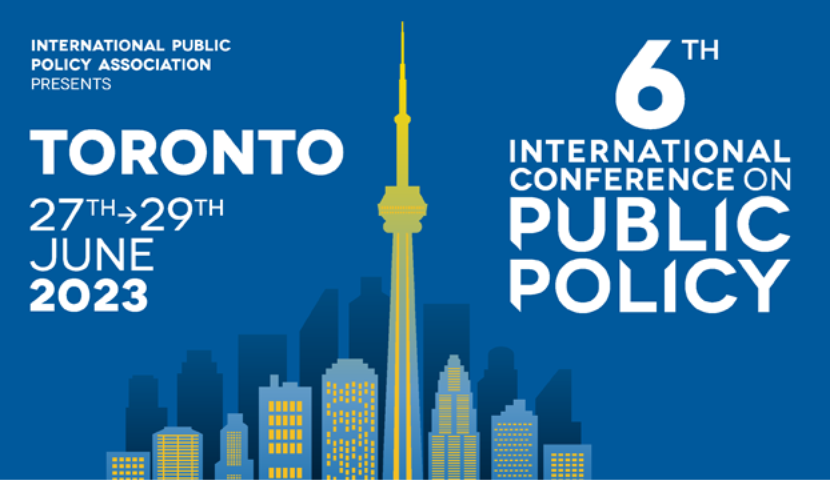6th International Conference on Public Policy (ICPP6)
Panel: Understanding “ghost-management”: Investigating corporate strategies to shape and control knowledge, beliefs and practices to the detriment of public health
Call for Papers: CLOSED as of January 31, 2023
In different industrial sectors, such as pharmaceuticals, tobacco, oil and gas or agro-chemicals, financial incentives may be poorly aligned with socially desirable outcomes, including public health outcomes. In these situations, corporations will normally act to maximize their earning capacity. When the assessment and regulation of health risks becomes a central determinant of profitability and market niches, corporations often use behind-the-scenes strategies to influence regulators or professionals, shape scientific knowledge or popular culture, inflate perceived benefits of their products, and hide risks or downplay harms. When revealed, these strategies are often treated as specific “corporate scandals”, and are not analyzed as elements of ongoing and structural dynamics intrinsic to such industrial sectors. However, a more comprehensive analysis shows that such corporate scandals seem to have become the norm, and appear to be taken directly from playbooks fostered by corporate lobbies and consulting, public relations, or communications companies.
We use the term “ghost-management” to refer to systematic strategies to shape science, media, culture and public narratives, and to influence experts, opinion leaders and policy-makers in order to increase earning capacity to the detriment of public health. Often, ghost-management entails not only the production of knowledge, but also the production of ignorance or uncertainty through the dissemination of false, misleading, or contradictory information. It also entails influencing public policy, professional practices, media or civil society.
Because of ghost-management activities, health care policy, especially when it came to health products or toxicology, has long been vulnerable to corporate strategies. The politicization of health care policy in a post-truth context seems to amplify these vulnerabilities to a whole new level. Disinformation, “alternative facts”, and “fake news” is becoming a growing challenge for the democratic governance of policy concerning health and health risks.
This panel intends to bring together people from different disciplines to discuss how to study and identify ghost-management strategies, so as to develop policy tools to counter these corporate dynamics detrimental to public health.
The main research questions for this panel are:
- What practical tools can be used to investigate behind-the-scenes corporate—including consulting and communication company—strategies to maximize profits to the detriment of public health?
- What conceptual and methodological tools can better explore how businesses influence knowledge, ignorance, and professional practices, turning them into profitable assets?
- How can the answers to the above questions better inform the development of policy to safeguard public interests?
The panel would favour presentations introducing investigational methods or analyzing ongoing strategies pertaining to the corporate capture of scientific knowledge, professional practice, civil society groups, media or policy-makers.
